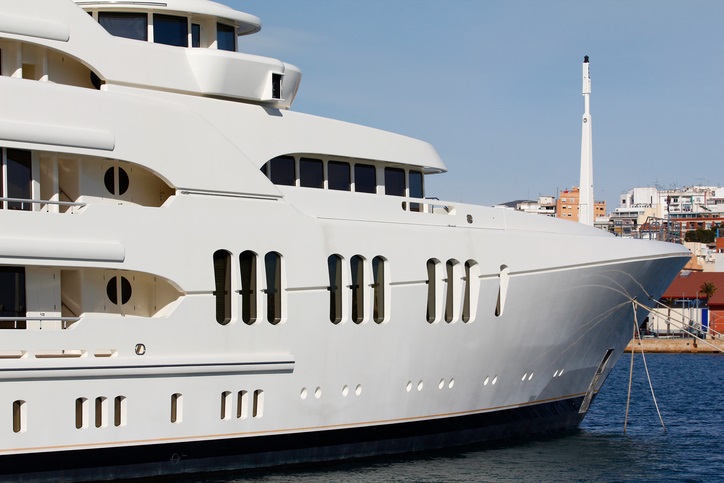A number of reports have evidenced that greater numbers of high net worth individuals (HNWIs) are choosing to leave the UK.
Research by New World Wealth found that the UK saw a net outflow of 4,000 HNWIs in 2017, while the recent Knight Frank report is even more startling.
It revealed a 2% decline in the UK’s ultra-HNWI population from 2016 to 2017 – and a 6% decline from 2012 to 2017 – despite the fact that the number of ultra-wealthy individuals rose 10% globally last year.
Exodus trinity
According to private wealth advisers, this gradual exodus from the UK is driven by the desire for a more accommodating tax system, a higher quality of life, and greater political stability.
Together, these form the trinity of factors that HNWIs are looking for when considering their relocation.
The HNWI community has played an incredibly important role for wealth creation in recent decades but the change in political winds has forced some in the community to reconsider how to best protect and manage their wealth.
Once unambiguously welcoming to HNWIs, the UK Government is now sending mixed signals, particularly on tax.
Reforms to the law regarding the status of non-doms and continued uncertainty over their residency status has served to alienate some. Further changes to the tax system, such as increases in stamp duty land tax and reductions in the tax relief for residential landlords as well as capital gains tax rises for non-residents owning UK property, have also distanced some HNWIs and would-be investors.
As a result, HNWIs look to the chancellor of the Exchequer for signs of reassurance at every Budget and Finance Bill but more often than not they are left disenchanted by the direction of travel of UK Government policy. For these reasons, the desire for a tax-friendly and competitive jurisdiction often form the initial motive for relocation.
Other jurisdictions facing similar difficulties
It is interesting to note, however, that as new international standards have developed on tax cooperation, some of the traditionally popular destinations for relocation, such as certain Caribbean jurisdictions, have been left facing difficulties.
Indeed, while the desire for low taxes and a welcoming environment often form the basis of a relocation, the twin factors of political stability and institutional security prove decisive in the choice of the final destination.
Members of the HNWI community who relocate attach an extremely high value to political stability because they need certainty and reassurance that the tax system will not change overnight if a new government comes into power.
This, in part, explains why some advisers have doubts over some countries’ attempts to attract HNWIs despite the creation of low-tax regimes.
Wish list
Stability and well-managed, robust and enduring fiscal structures are, therefore, important. For similar reasons, institutional security can also attract HNWIs.
With the winds of populism and political instability blowing throughout the western world, HNWIs are increasingly attracted to tax-competitive jurisdictions that are themselves politically stable, all the while being cemented into the international system.
This guarantees the financial and regulatory standards necessary for integration in the global market place.
The remaining factor which wealth advisers see as crucial is the ability to provide for a high quality of life. Preferences can naturally differ on this front, but quality of life factors including education, healthcare and safety are important.
Advisers agree that while relocation is frequently spearheaded by HNWIs and entrepreneurs, family considerations often prove decisive in determining the location of the move – frequently placing living standards at centre stage of the decision to relocate.
There is a growing body of evidence, from the data found in analytical reports to the testimonies of private wealth advisers, that an increasing number of HNWIs in the UK are reconsidering their current situation and contemplating relocation.
As uncertainty in the future continues, moving to a low-tax jurisdiction with a reliable political climate and an excellent quality of life is proving to be an increasingly attractive option.








